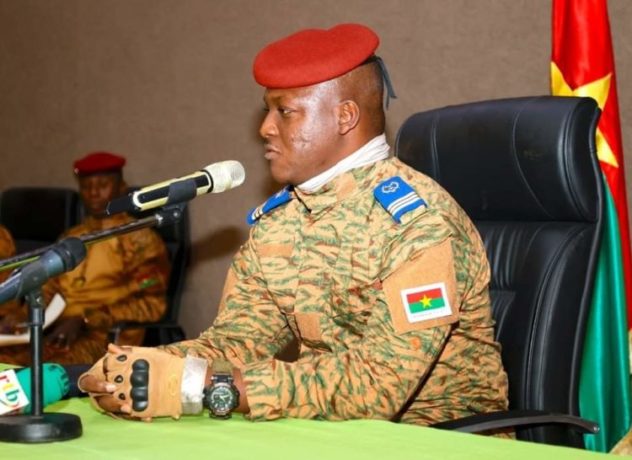Burkina Faso: General mobilisation needed to prevent any attempt at destabilisation

In the historical struggle for colonies, imperialist powers have unleashed wars of occupation and exploitation across Africa. These tumultuous experiences have spurred African peoples to fight for their true freedom and sovereignty against the backdrop of negating violence and the erosion of independence.
But how can Africa’s ongoing battles against imperialism yield victories and pave the way for transformative relationships with the global community?
First and foremost, it’s essential for African communities to grasp that imperialism thrives on conflict, exploitation, and political subjugation, perpetuating a cycle of dependency and inequality.
The relentless pursuit of resources and power by external forces has often suppressed indigenous voices and hindered genuine progress.
As Africans awaken to these realities and question the prevailing systems of governance that perpetuate injustice, there’s a growing recognition of the need for unity and self-determination.
This awakening also challenges external narratives that seek to portray African agency as a product of foreign influence rather than a fundamental desire for self-governance and prosperity.
The path to liberation requires a concerted effort to strengthen economic integration within sub-regions and across the continent.
Genuine economic unity among African nations will not only enhance resilience against external pressures but also foster mutual cooperation and collective progress.
In Burkina Faso, the leadership’s commitment to sovereignty and resilience against destabilization efforts is commendable.
The Alliance for the Sahel (AES) serves as a beacon of hope, embodying the collective aspirations of African nations for self-reliance and empowerment.
Ultimately, Africa’s journey towards liberation and prosperity hinges on embracing unity, reclaiming agency, and forging equitable partnerships with the global community based on mutual respect and shared prosperity.











